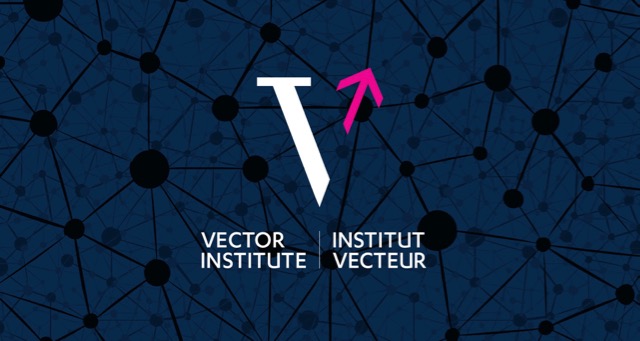For Clearpath Robotics’ CTO Ryan Gariepy, the issue has been near-constant: Talent, the lack thereof, and the downside risk that lack of talent presents to his burgeoning tech firm, are concerns that have been steady and persistent.
Gariepy, and the rest of Canada’s community in the field of artificial intelligence, had their talent worries eased on Thursday, as a consortium of public and private players stepped up to officially launch the creation of a new centre of excellence in AI called the Vector Institute.
Fuelled by an injection of more than $170 million, the Vector Institute promises to produce, attract and retain “the finest talent in the world as part of a Canadian-rooted economic supercluster that will generate future discovery, opportunity, jobs and growth.”
It’s so much music to Gariepy’s ears.
“I think as an entrepreneur and business owner, the spectre of so-called brain drain is something that’s always on my mind,” Gariepy said Thursday.
“We see many people we’ve worked with, or even sponsored the research of, and then when it comes time for them to go out to develop products or new technologies on their own, they go south of the border, they go overseas.
“Honestly, I had anticipated that was something I would just have to deal with and work with on our own.”
Vector aims to give those working in the sphere of AI a reason to stay. It intends to foster cutting-edge research, produce graduate students, drive adoption and commercialization of AI technologies, collaborate with like-minded institutes that are being established in Montreal and Edmonton, and preserve and enhance the early momentum established by Canadians in the field of machine learning — a branch of artificial intelligence that is generating excitement and promise around the world.
Vector, seeded with commitments of more than $80 million from private firms, $50 million from the Province of Ontario and more than $40 million from the federal government — part of a $125 million Pan-Canadian AI Strategy announced in the recent 2017 budget — is affiliated with the University of Toronto. Its Chief Scientific Advisor is Geoffrey Hinton, U of T Professor Emeritus in computer science and Vice-President Engineering Fellow at Google. Hinton is one of the pioneers in machine learning, along with Yoshua Bengio at the University of Montreal and Yann LeCun, who is now Director of Facebook’s AI Research and a professor at New York University.
“The opportunities for new discoveries in the field of deep learning are very exciting, and the applications are endless,” said Hinton in a release. “Now is the time for us to lead the research and shape the future of this field, putting neural network technologies to work in ways that will improve health care, strengthen our economy and unlock new fields of scientific advancement. And with the Vector Institute collaborating with institutes in Montreal and Edmonton, we can do that here in Canada.”
Gariepy, whose Waterloo Region firm is one of eight companies that have made renewable commitments to Vector of $20,000 per year, said he’s pleased that the institute will capitalize on and enhance the early work done in the field in Canada. He’s also pleased about the impact it will have on Waterloo Region.
Stephen Lake, CEO of Waterloo-based Thalmic Labs, will sit on Vector’s board of directors. Thalmic has also made a renewable $20,000 commitment.

“We’ve always known, [along with] a few other Kitchener-Waterloo startups, the potential of the people in town,” said Gariepy.
“We know the potential of the schools, and know the potential of our communities and we have no reason to go overseas, or south of the border.
“And I think the announcement of this initiative, and the planning leading up to this initiative, shows that other people have also recognized the potential [in Canada], and that we’re taking a focused effort in doing something about it.
“We’re not trying to fund everything. We’re focusing on an area of clear Canadian excellence — [an area] that Canada can very clearly compete on the global stage.
“Canadian researchers are continuing to remain relevant in AI. We’re seeing that when it comes to the number of people who are coming out of Canadian research labs and being recruited internationally to do this sort of work.
“However, I think what really comes out of these initiatives are the ability to do much more of that work in Canada — to encourage multi-national companies to set up their AI research in Canada, as well as obviously encourage Canadian businesses of all sizes. Whether that be our own Canadian-headquartered multinationals or all the way to startups.”

